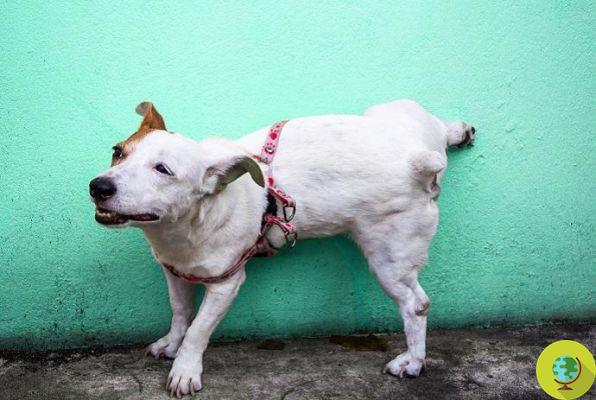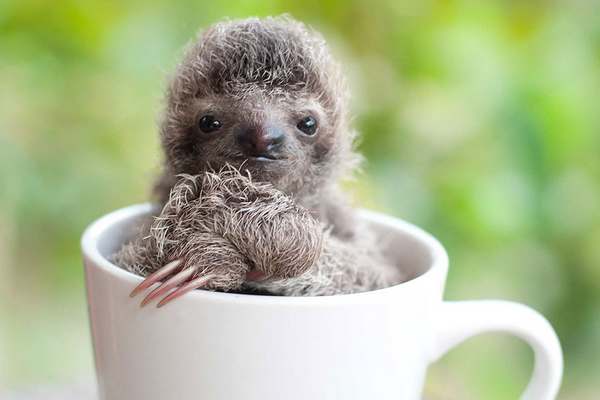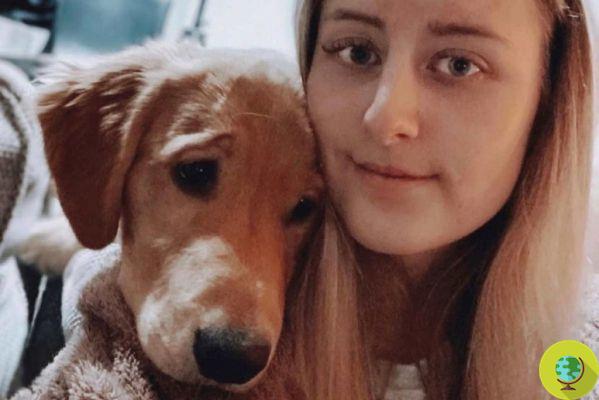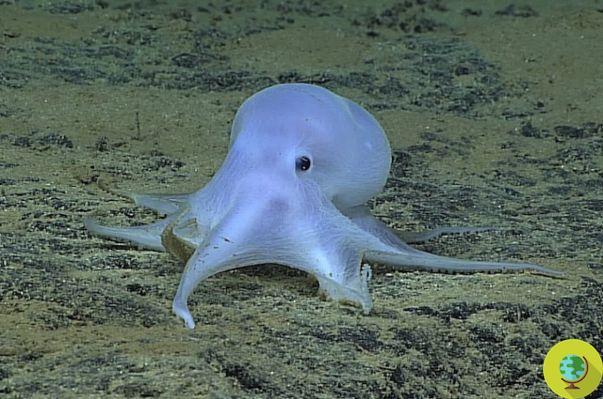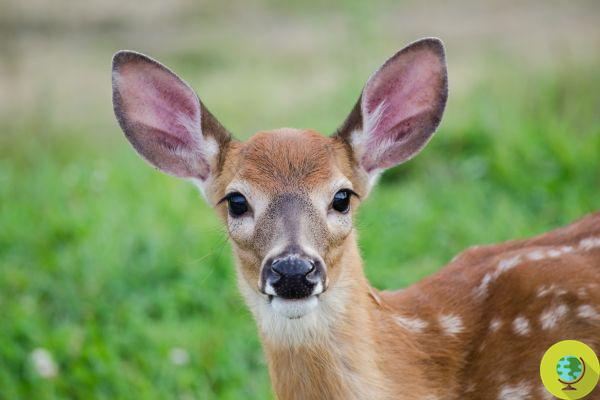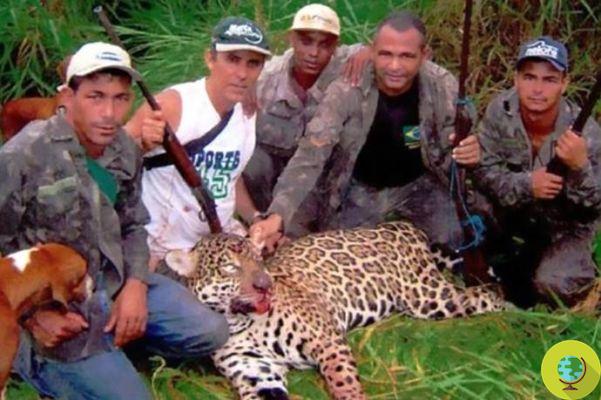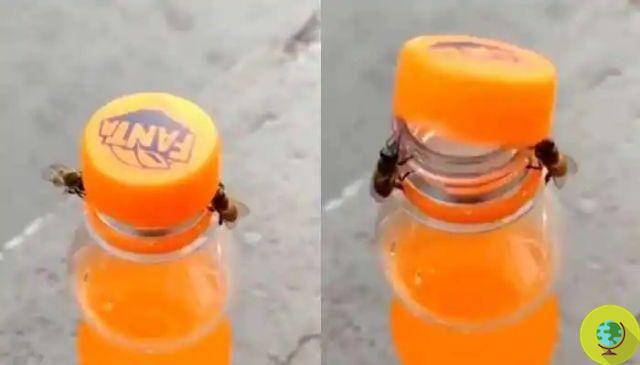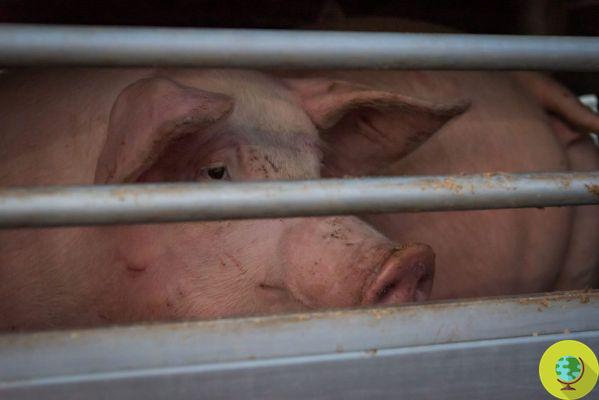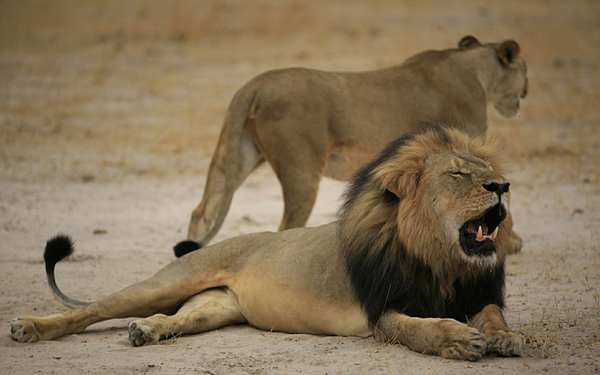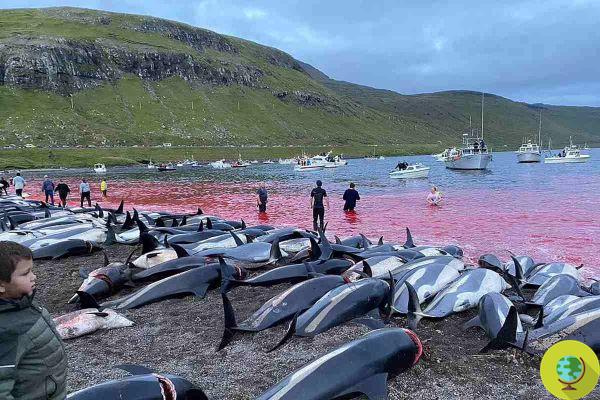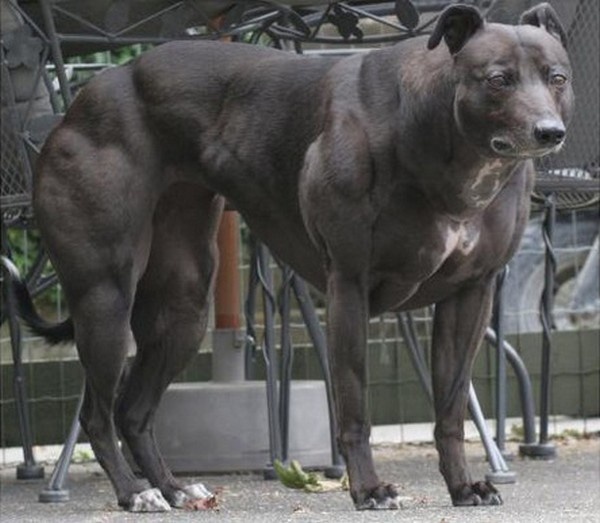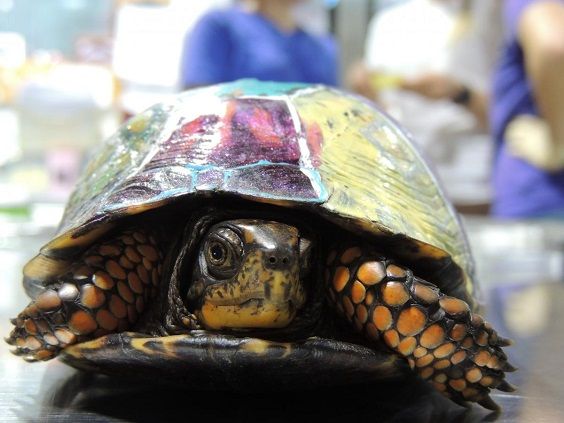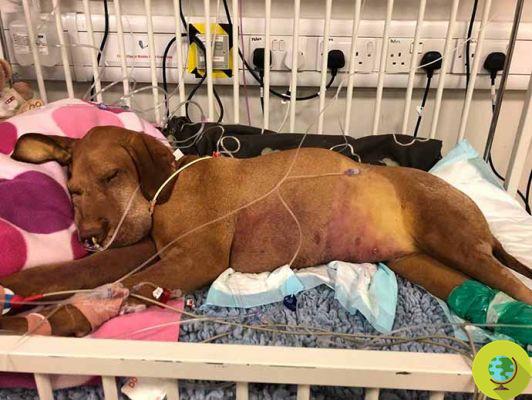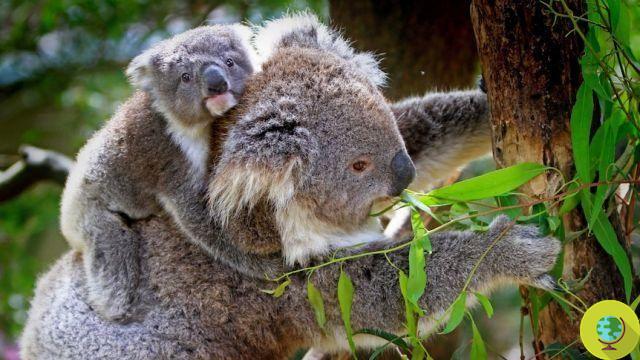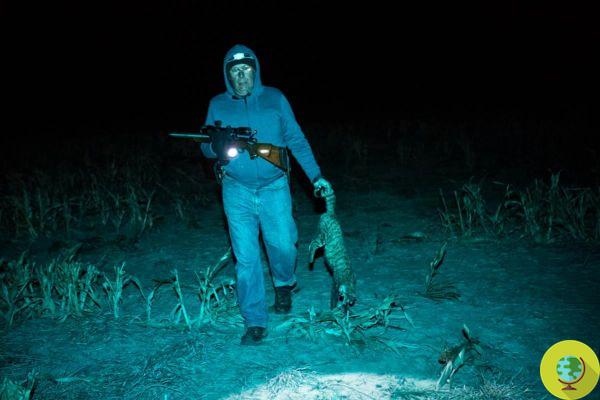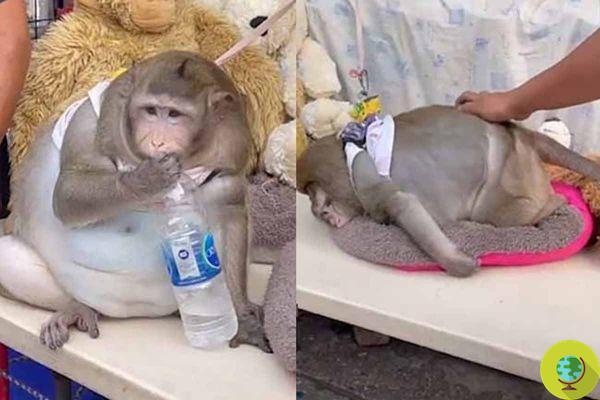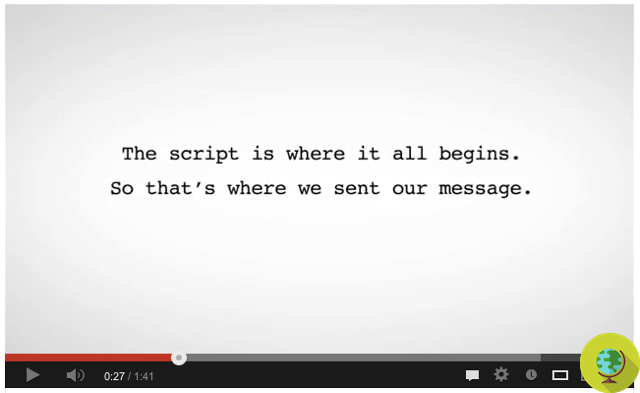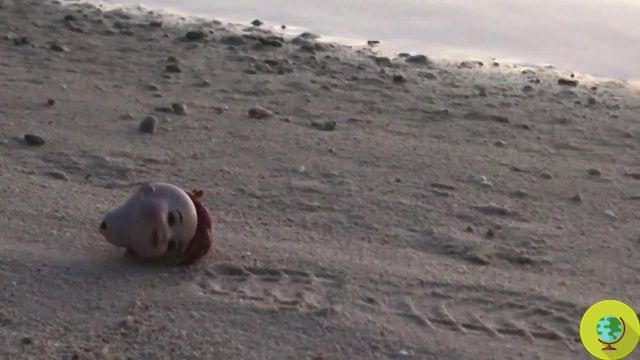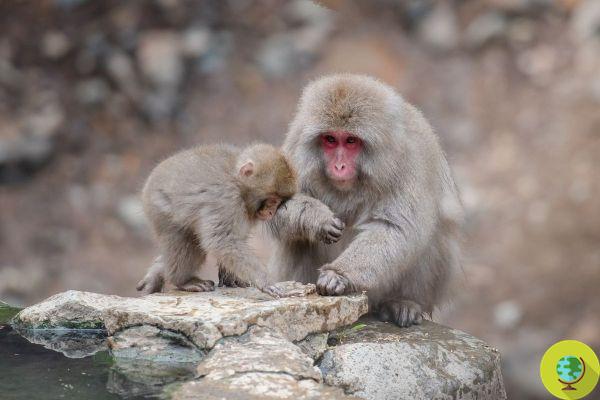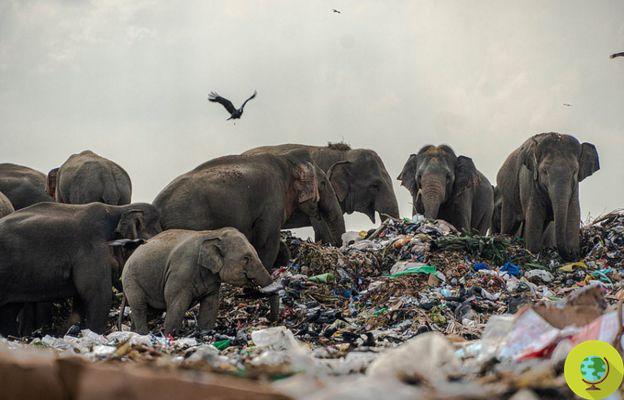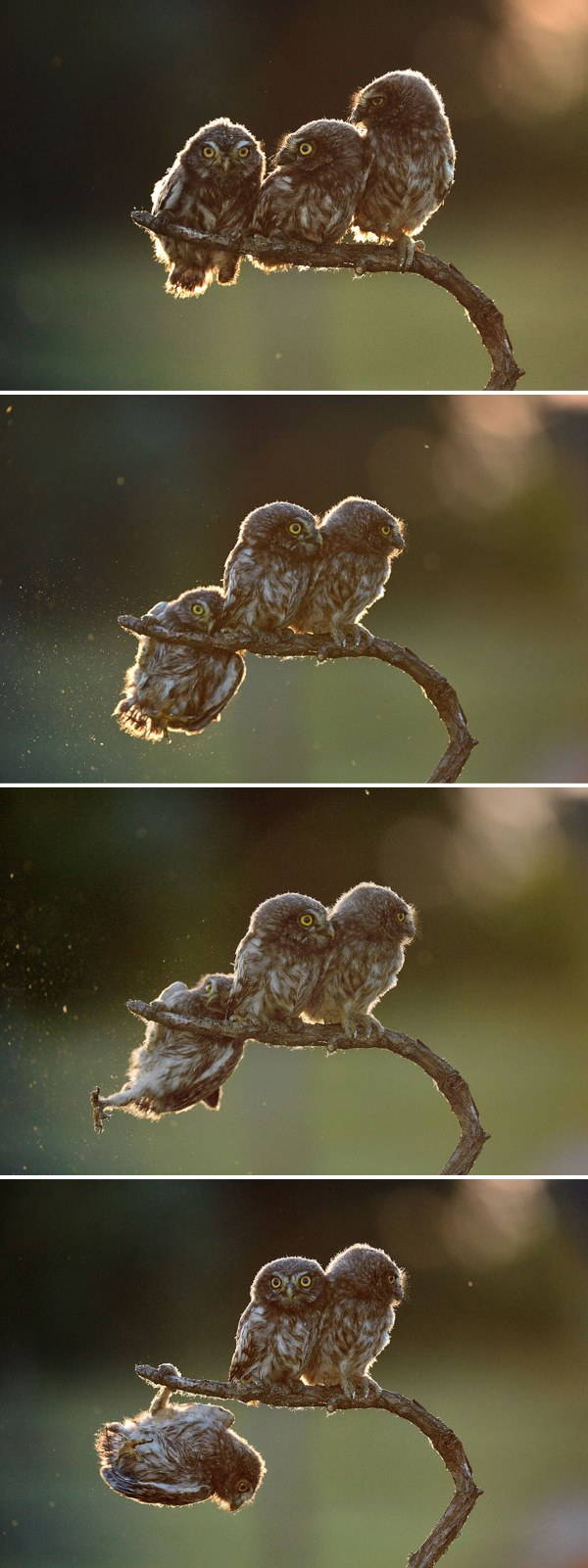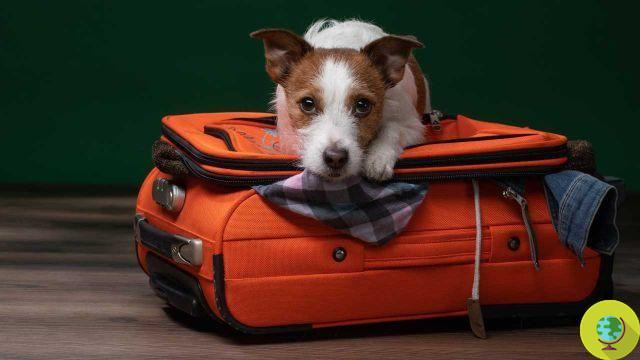Moose, roe deer, wild boar and other animals have repopulated the area off-limits to humans around the Chernobyl nuclear power plant. According to the researchers, wild animals around the world may be more threatened by the consequences of the presence of humans in a particular place than by the radiation itself.
Moose, roe deer, wild boar and others animals have repopulated the off-limits area for humans around the nuclear power plant Chernobyl. According to the researchers, wild animals around the world may be more threatened by the consequences of the presence of humans in a given place than by the radiation itself.
The study in question was published in the scientific journal Current Biology. Much of the Chernobyl area most affected by radiation - an area of at least 4200 square kilometers - was evacuated after the explosion of reactor 4 of the nuclear power plant, which in 1986 created a radioactive cloud over Europe.
According to the study authors, when human beings leave a place, nature flourishes again, including following the world's worst nuclear disaster.
So the action and presence of man have worse effects on animals than nuclear radiation itself?
Jim Smith, co-author of the study and environmental scientist at the University of Portsmouthin, UK, and his colleagues they do not claim that radiation is beneficial to animals, but they point out that the presence of humans could have worse effects on them than the radiation itself.
In their opinion, these animals as a result of exposure to nuclear radiation may have suffered genetic damage, yet now they continue to live in this area, where man is not present. Scientists themselves are looking for an explanation for this phenomenon.
Already in 1990, a few years after the nuclear disaster, animals were present in abundance and in diversified species in the Chernobyl area. However, the debate on the issue does not end there, given that, for example, Anders Moller, ecologist at the University of Paris-Sud-Orsay, recalled that the radiation from Chernobyl had powerful effects on animals, such as the formation of a larger brain. small in birds.
The new study is questioned by some experts, but Jim Smith reiterates that he is fully confident in the integrity of the results obtained after working closely with Belarusian scientists for over twenty years. Now the Chernobyl site would look a lot less like a major disaster zone and more like one nature reserve teeming with elk, roe deer, deer, wild boar and wolves.
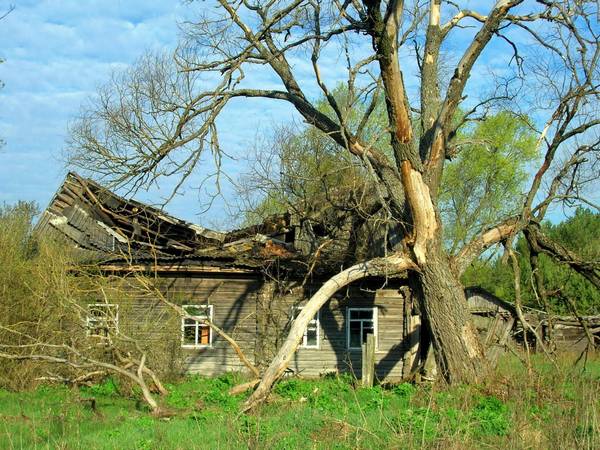
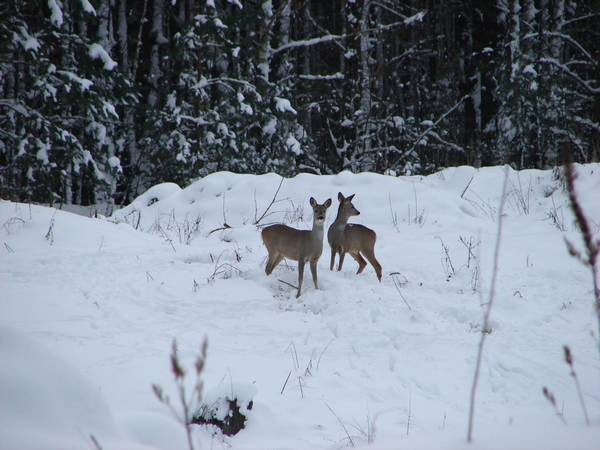
Photo source: Cell Press
These findings could represent important proof of the wildlife resilience and could help experts understand the long-term animal impacts of the most recent Fukushima disaster in Japan.
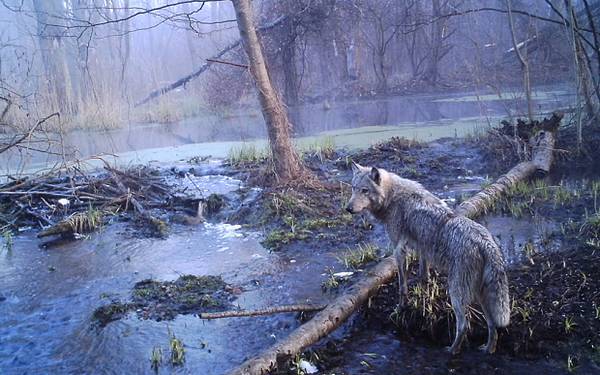
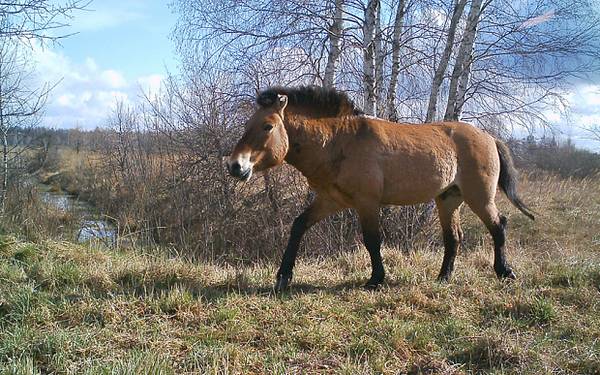
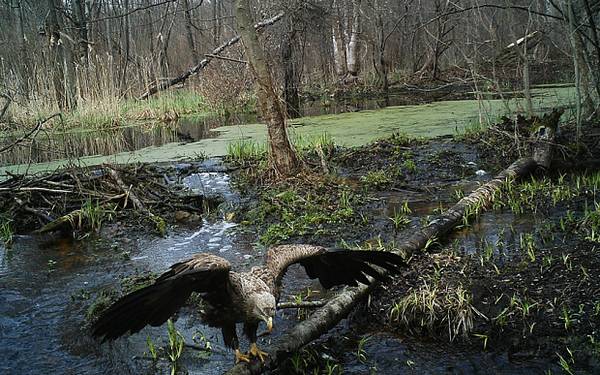
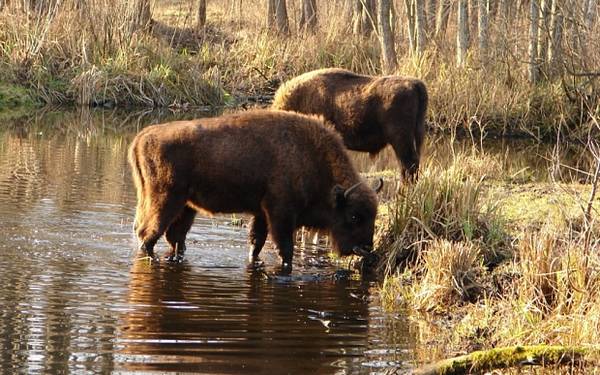
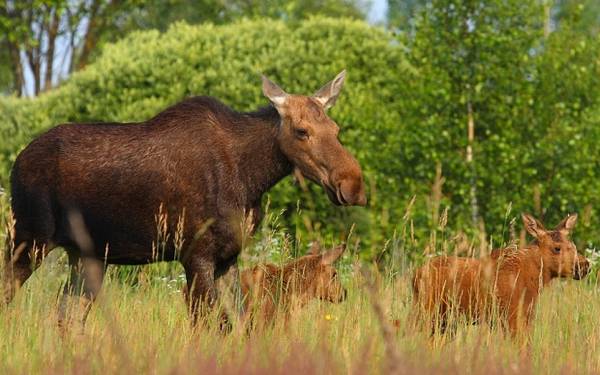
Fonte photo: Telegraph
Second Jim smith it is much more likely that today's numbers of wildlife in Chernobyl are higher than they were before the accident. In conclusion, as the expert pointed out, this does not mean that radiation is good for wild animals, but that the effects of human settlements, including hunting, agriculture and forestry, are likely to be far worse.
Marta Albè
Photo source: Cell Press
Read also:
Mutant butterflies found in Japan after the Fukushima nuclear disaster
Naoto Matsumura, the last man from Fukushima to save animals
Fukushima: monkeys and wild boars sacrificed to map radioactivity




